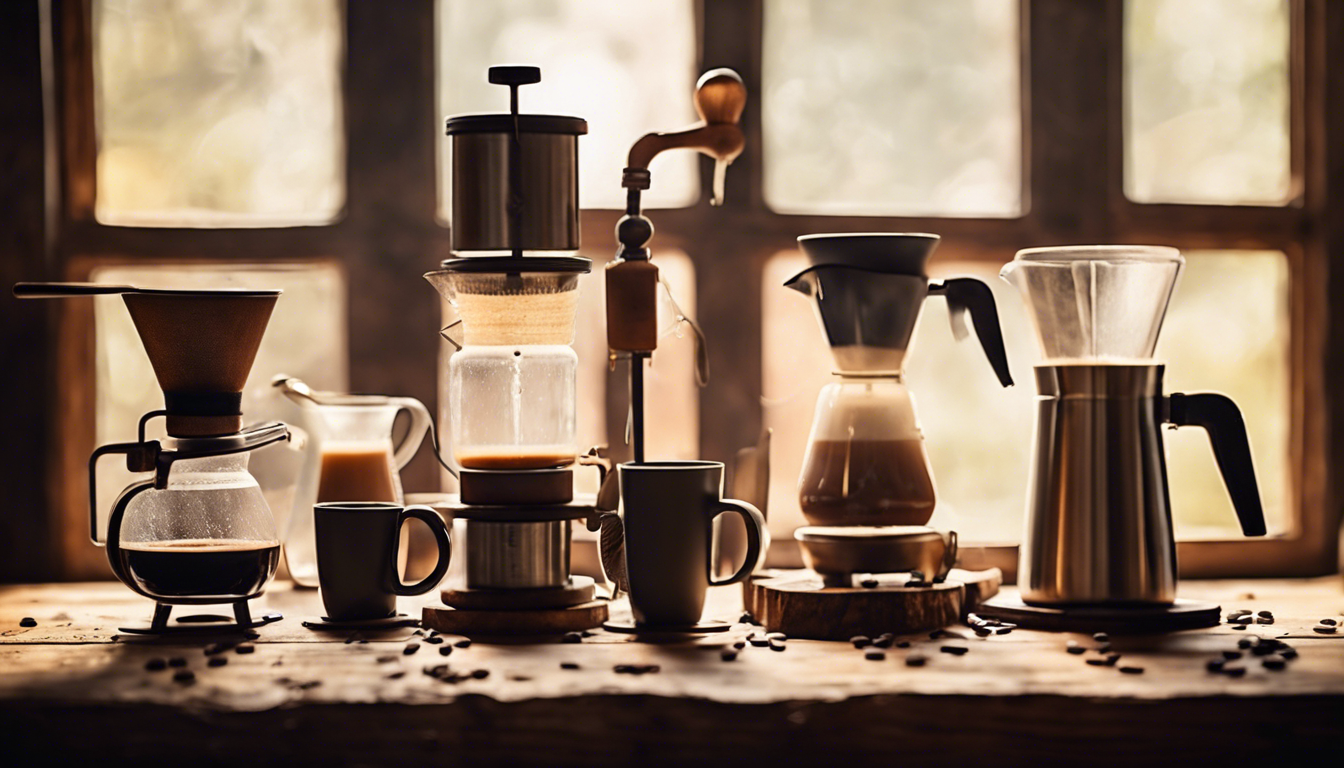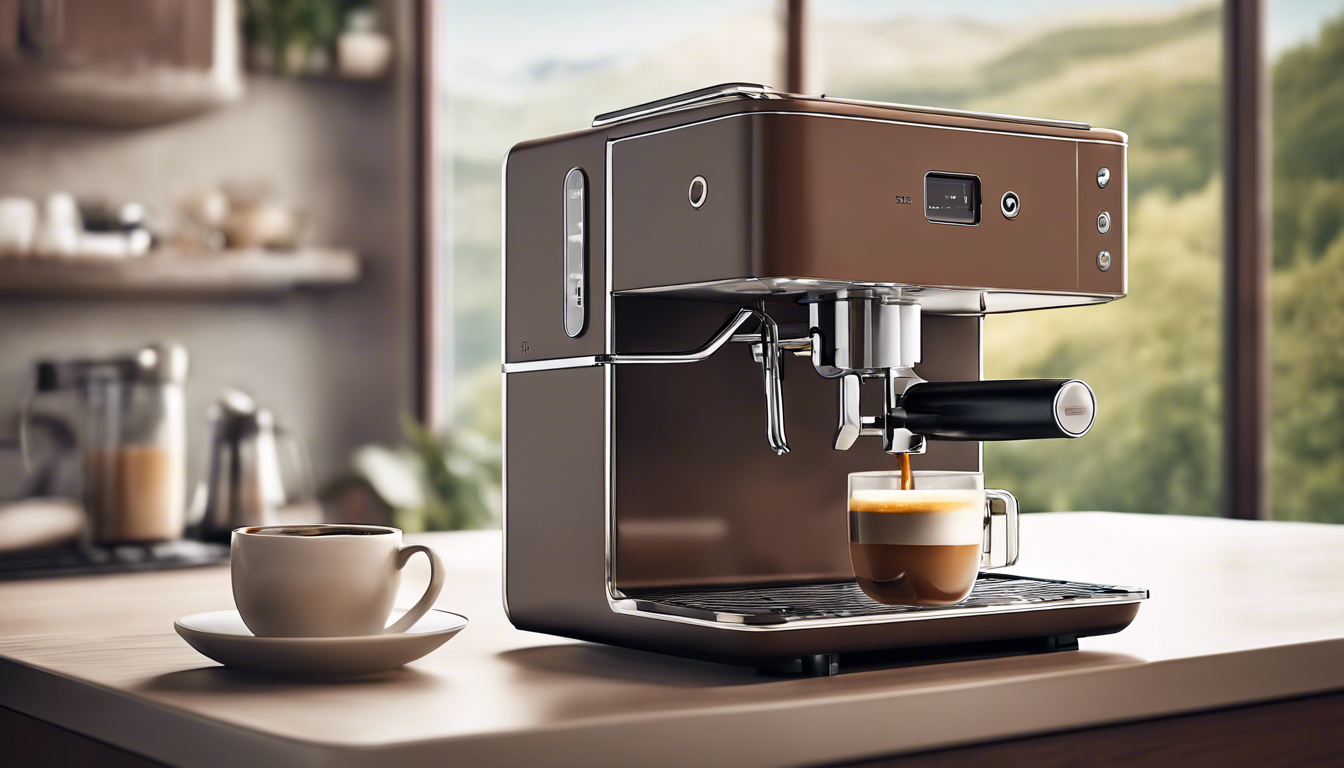Understanding the Difference: Coffee Beans vs. Espresso Beans
Coffee lovers often find themselves in the midst of a brewing dilemma: coffee beans vs espresso beans. While they may look similar to the untrained eye, their differences are significant and can impact your coffee experience in more ways than one. Whether you're a casual drinker or an aficionado, understanding these distinctions can elevate your morning ritual to new heights.
Same Origin, Different Journey
The journey starts with the Coffea plant, the birthplace of both coffee and espresso beans. Contrary to popular belief, there's no magical espresso bean tree out there. Both coffee beans and espresso beans begin their lives in the same orchards, harvested from the same plants. However, it's all about what happens next that defines their destinies.
Roast Matters: It's All About Timing
The key difference in coffee beans vs espresso beans frequently comes down to the roasting process. Espresso beans usually undergo a longer roasting period, resulting in a darker roast. This extended roasting time brings out oils and deep flavors while reducing acidity, perfect for the bold espresso shot. On the other hand, coffee beans tend to be roasted lighter, allowing a diverse array of aromas and flavors to flourish, ideal for a traditional drip brew or pour-over method.
Grind Size: Precision is Key
Another crucial difference lies in the grind size. Espresso requires a fine grind to facilitate the high-pressure brewing process, which extracts a rich, concentrated flavor. In contrast, coffee can be enjoyed with a coarser grind, which suits methods like French press or cold brew, where the water extraction process is leisurely and gentle.
Brew Methods: Art Meets Science
Espresso machines deliver high pressure in a short span, extracting flavors and creating that delicious crema on top of your shot. This intense burst of pressure works exquisitely with espresso beans. Regular coffee is not subjected to such high pressure, benefiting more from a longer, slower brewing process, allowing the complex flavors of lighter roasts to unfold fully.
Flavor Profiles: Bold vs. Bright
The roasting and brewing variations significantly affect flavor profiles. Espresso is renowned for its bold, robust, and intense flavors. These characteristics make it a popular choice for those seeking a strong caffeine kick or as a base for milk-based drinks like lattes and cappuccinos. Regular coffee often offers a brighter, more aromatic experience, characterized by subtle notes ranging from fruitiness to nuttiness, ideal for savoring sip by sip.
Versatility in Your Cup
When weighing coffee beans vs espresso beans, consider the versatility you seek. Coffee beans can adapt to various brewing methods, offering a vast range of flavor outcomes. Espresso beans, tailored for their intense extraction, may find their ideal home within espresso machines, yet they can still adapt to other styles if a bold cup is desired.
Conclusion: Personal Preference and Experimentation
Ultimately, the choice between coffee beans and espresso beans boils down to personal preference and the willingness to experiment. There's no wrong choice; both have unique qualities that can enhance your coffee ritual. Whether you enjoy the aromatic complexity of coffee or the concentrated kick of espresso, understanding these differences empowers you to make the perfect brew, tailored to your taste.





